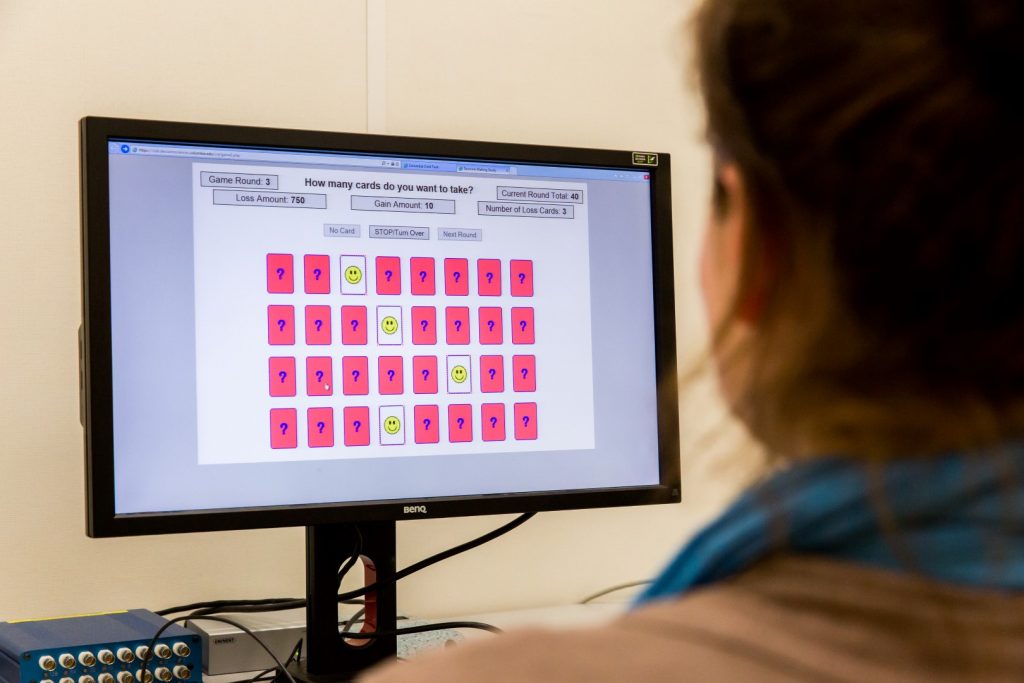This post is also available in Dutch .
Who are we actually researching?
Most studies use the local student population to recruit participants. Approximately 80% of scientific experiments are performed among students in WEIRD (Western, Educated, Industrialized, Rich, Democratic) countries, which is extremely useful for researchers (students are relatively easily available), but biases the conclusions of research. In fact, most studies are based on a very specific set of students; WEIRD-countries only make up about 12% of the world population and are (depending on the research topic) not always representative of the remainder of the population.
So it’s clear that who we are researching is important for the interpretation of our findings. However, how we actually recruit and motivate our participants is just as important.
How voluntary is ‘voluntary’?
First, participation must be voluntary because you aren’t allowed to force people to participate, and intrinsic motivation is important for the quality of the data: If a task is not performed seriously, the data will be skewed. Performance can influence the compensation that participants receive as well. In order to pass a course, some schools actually require their students to collect participant points by actively taking part in experiments. Because these points are an indirect way of forcing students to participate, some research centres have decided that participants can no longer be rewarded with points, but only with money.
However, even paying for participation is not always permitted. For example, in clinical research patients (and other vulnerable groups such as minors) are “protected” from payment because they might become dependent on the monetary compensation they receive from research. This dependence, encouraged through money, is thus another indirect way to force people to participate (i.e., coercion).
You might wonder if we should even pay participants at all…
Should we pay participants?
In general, we cannot exclude the possibility that some participants will only join a study because of the money and won’t take the experiment seriously, thus making our results uninformative and uninterpretable. So how do we deal with that?
Ironically, paying participants even more is a potential solution: A successful way to motivate participants is by rewarding them with extra money based on their choices or performance. By doing so, participants will take the task more seriously because they are actually playing for something meaningful.
We want YOU… but only if you also want to
So, we find ourselves in a delicate situation where the interests of science and participants should be taken into careful consideration. Nevertheless, it is clear that we need motivated participants so that we can perform good research, which will improve the quality of our measurements and thus the reliability of our results.
Are you or do you know someone who wants to lend a hand in gathering scientific knowledge? Do not hesitate to enrol in the participant system of the Radboud University or any other university. Completely voluntarily, of course.
Original language: Dutch
Credits
Author: Felix Klaassen
Buddy: Floortje Bouwkamp
Editor: Eva Klimars
Translator: Wessel Hieselaar
Editor Translation: Christienne Gonzales Damatac
Featured image by the EPAN lab of the Radboud University
